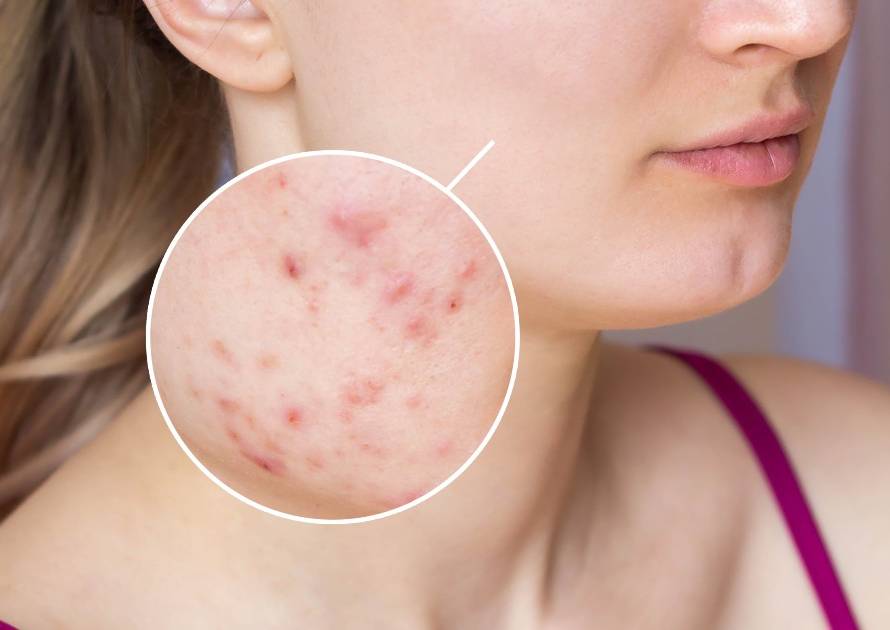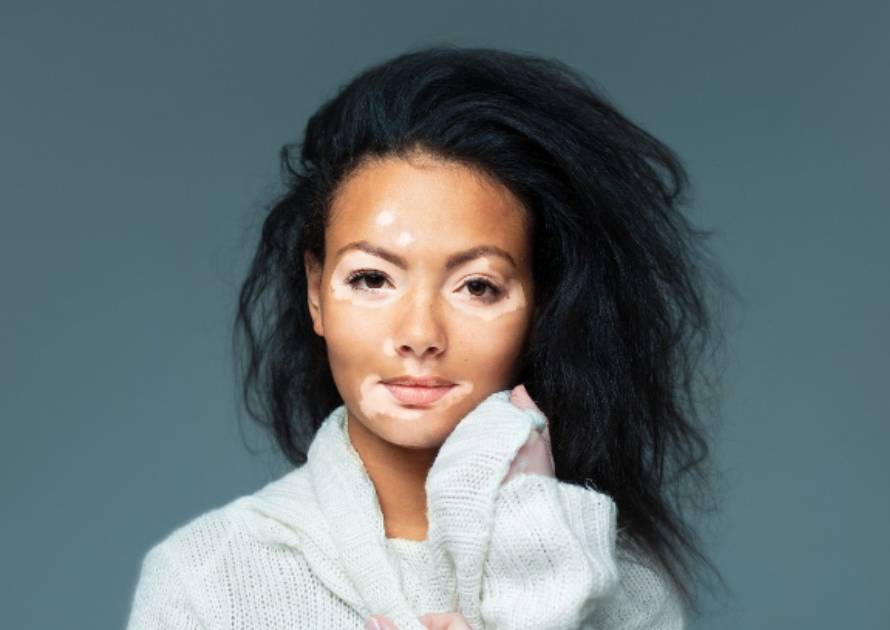Warts are a type of skin infection caused by a virus called human papillomavirus (HPV), which has many subtypes. However, this article will focus on the type of HPV that causes warts. Warts can appear on the face, feet, hands, genitals, and knees.
What Are Warts?
Warts are virus-induced growths that appear on the skin of people of various age groups, mainly younger people. HPV causes warts to develop in many shapes and sizes, including plain, flat warts on the face, filiform warts that mostly occur in children, and STD-induced warts, also known as sexually-transmitted warts, that occur on the genitalia.
Since warts are a result of a virus, they are infectious. They can be transmitted from one person to another by touch. In some cases, people develop warts due to a skin condition unrelated to HPV. Warts mostly develop in younger people. The older the person gets, the less their chance of developing warts becomes, with the exception of genitalia warts.
What Causes Warts?
Warts are caused Human Papillomavirus (HPV), which usually stays dormant in the skin for many years. Several factors makes appear on the skin including:
- A result of taking immune-suppressive medications.
- If the patient has an immune-suppressive condition.
- Pregnancy
- Chemotherapy
How Are Warts Treated?
It is important to note that warts can be treated, but the doctor cannot prevent new warts from developing. Here are the methods in which we can treat warts:
- Cryotherapy: Warts can be removed by freezing them off in 1-2 sessions, depending on the size of the wart, and the results are usually immediate.
- Electrotherapy: Warts are removed using the heat from electricity.
- Laser or MMR Vaccine Injection: These treatments are used for warts that do not respond to other types of treatment.
The doctor usually combines the treatment with topical creams that contain a high percentage of salicylic acid. For warts on the face, we prescribe acretin (a type of retinoids). As for genitalia warts, we prescribe a cream called Aldara, which is an immune modulator.
Frequently Asked Questions About Warts (FAQs)
This section aims to shed light on the most commonly and frequently asked questions regarding warts and their treatment.
Can I spread warts from one part of my body to another?
Yes, warts are contagious growths. For this reason, it is important not to pick on warts and to regularly wash your hands promptly any time you touch your warts.
Can warts be prevented?
No, unfortunately, warts cannot be prevented. However, there are precautionary measures that you can take to help minimize your risk of developing warts. Such precautions include:
- Washing your hands regularly.
- Keeping healthy, moisturized skin.
- Try to stop biting your nails if you have such a habit.
- Use clean, fresh towels at the gym or in other public locations.
Will warts go away on their own?
Some warts go away on their own, and some do not. It can take months and sometimes years for warts to disappear without proper treatment. Moreover, warts are contagious and can spread from one part of your body to another.



